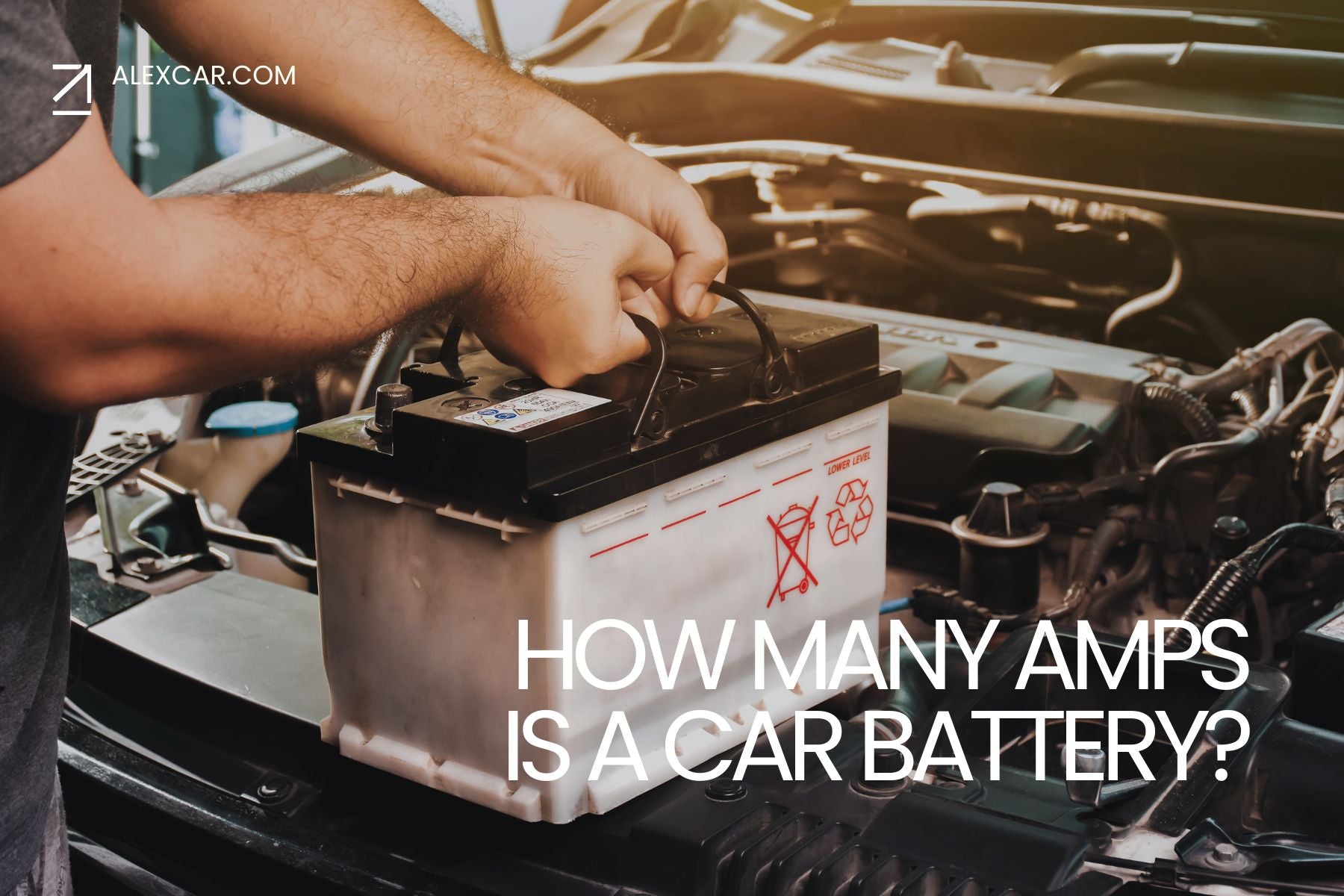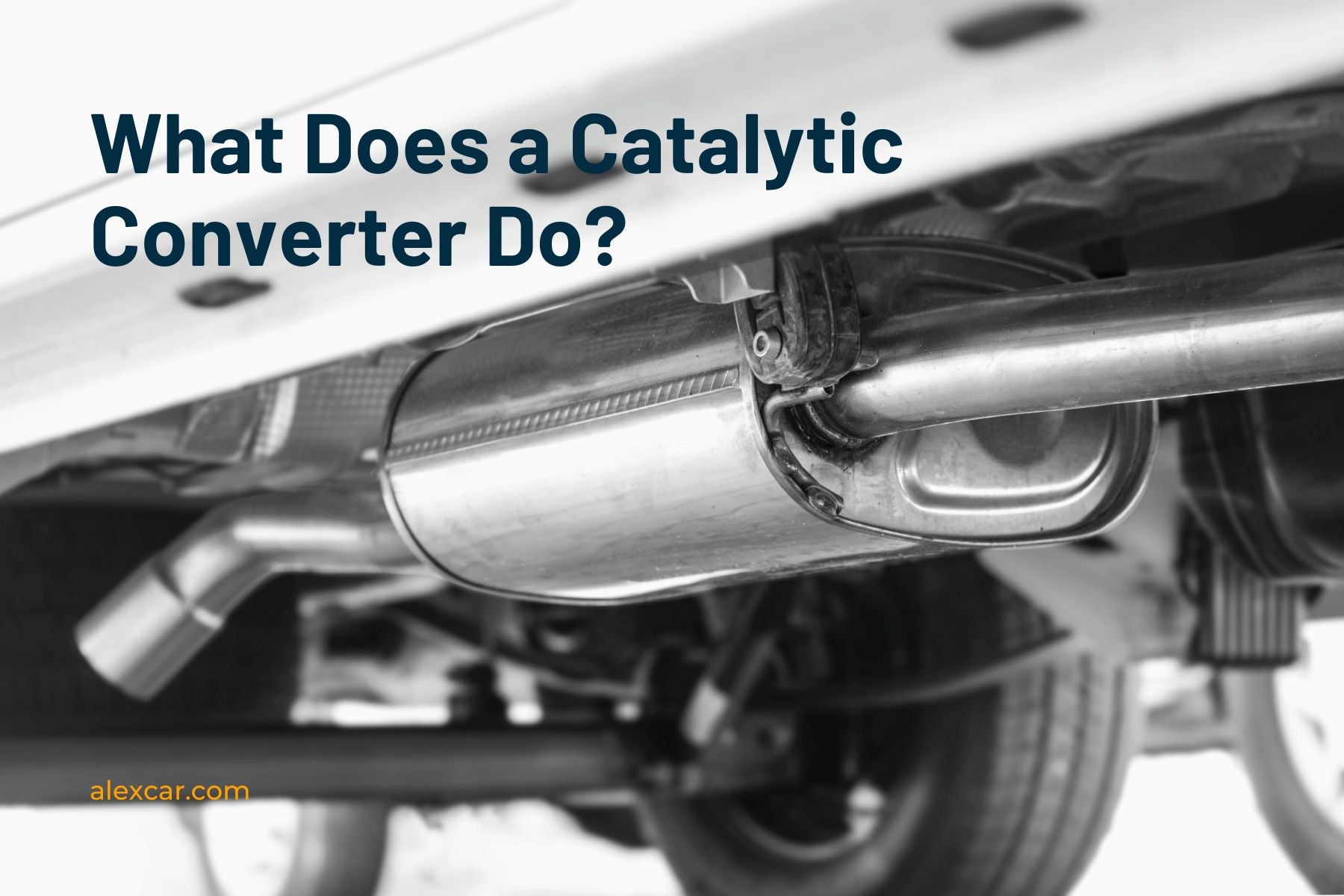Catalytic converters play a crucial role in reducing harmful vehicle emissions, but can you drive without a catalytic converter? While it's technically possible to operate a car missing this key exhaust system component, doing so comes with significant risks to your wallet, the environment, and potentially even your health. In this comprehensive guide, we'll dive into what happens if your catalytic converter is damaged or stolen, the symptoms to watch for, and the true costs of catalytic converter replacement.
Understanding the Purpose of Catalytic Converters
A catalytic converter is an essential part of your car's exhaust system, responsible for converting toxic pollutants like carbon monoxide, nitrogen oxides, and unburned hydrocarbons into less harmful emissions before they exit the tailpipe. By facilitating chemical reactions using precious metals like platinum, palladium, and rhodium, catalytic converters help vehicles meet strict emissions standards while improving air quality.
The Consequences of Driving Without a Catalytic Converter
So what happens if you find yourself driving without catalytic converter? Here are some of the major issues you may face:
-
Failed Emissions Tests: In most areas, vehicles are required to pass regular emissions inspections to stay on the road legally. Will a car pass emissions without a catalytic converter? The answer is almost always no, as the converter is critical for reducing pollutants to acceptable levels.
-
Reduced Engine Performance: Catalytic converters are carefully engineered to balance exhaust flow and backpressure. Removing the converter can negatively impact engine performance, leading to issues like reduced power, poor acceleration, and even stalling.
-
Decreased Fuel Efficiency: Without a functioning catalytic converter, your engine may run less efficiently, meaning you'll burn through gas more quickly and spend more at the pump.
-
Loud Exhaust Noise: One of the most obvious signs of a missing converter is a suddenly loud, rumbling exhaust note. While some may find the sound appealing, it's likely to attract unwanted attention from law enforcement.
-
Environmental Harm: The toxic pollutants that converters are designed to neutralize can have serious environmental consequences, contributing to smog, acid rain, and respiratory issues in humans and animals.
Is Driving Without Catalytic Converter Safe?
Many car owners wonder, is driving without catalytic converter safe in the short term? While you may be able to drive your vehicle for a while without a converter, it's never advisable to do so intentionally. Aside from the performance issues and potential legal troubles, the harmful emissions pose a risk to public health and the planet. If your converter has been damaged or stolen, it's best to address the problem as soon as possible.
Catalytic Converter Theft: A Growing Problem

Unfortunately, catalytic converter theft has become increasingly common in recent years due to the valuable metals they contain. Thieves can often remove a converter in mere minutes, leaving unsuspecting car owners with a hefty repair bill. Some of the most targeted vehicles include hybrid cars like the Toyota Prius, as well as trucks and SUVs that sit higher off the ground for easier access.
Symptoms of a Bad or Missing Catalytic Converter
Knowing how to spot the symptoms of a bad catalytic converter can help you address issues before they escalate. Key warning signs include:
- Sulfuric or rotten egg smells from the exhaust
- Significant reduction in fuel economy
- Sluggish acceleration or lack of power
- Check Engine Light turning on
- Excessive heat under the vehicle
- Rattling noises coming from the converter area
Catalytic Converter Replacement Cost
If you find yourself with a stolen or irreparably damaged converter, be prepared for a high catalytic converter replacement cost. On average, parts and labor can range anywhere from $500 to $2000 or more, depending on your vehicle make and model. Some of the factors that influence replacement cost include:
| Factor | Impact on Cost |
|---|---|
| Vehicle Make/Model | Luxury and performance vehicles often use more expensive converters |
| Converter Type | High-flow or direct-fit converters may cost more than universal models |
| Labor Costs | Replacing a converter can be labor-intensive, increasing overall expense |
| Location | Repair costs vary significantly by region and individual shop |
Protecting Your Catalytic Converter
To help prevent catalytic converter theft, consider taking the following precautions:
- Park in well-lit areas, ideally in a garage or secured lot
- Install a catalytic converter anti-theft device or shield
- Etch your license plate number or VIN onto the converter for identification
- Avoid leaving your vehicle unattended for long periods
- Set your car alarm to activate with vibration detection
While no method is foolproof, these steps can make your vehicle a less appealing target for opportunistic thieves.
>> Read more: What Does a Purge Valve Do?
The Bottom Line
Can you drive a car with a missing catalytic converter? Technically yes, but it's never recommended. How long can you drive without a catalytic converter? The longer you go without addressing the issue, the greater the risk of serious damage to your car's engine, performance, and emissions compliance. If you suspect your converter has been damaged or stolen, the best course of action is to have it inspected by a trusted mechanic as soon as possible. By staying vigilant and promptly addressing any issues, you can help protect your vehicle, your wallet, and the environment from the consequences of driving without catalytic converter.




Leave a comment
This site is protected by hCaptcha and the hCaptcha Privacy Policy and Terms of Service apply.